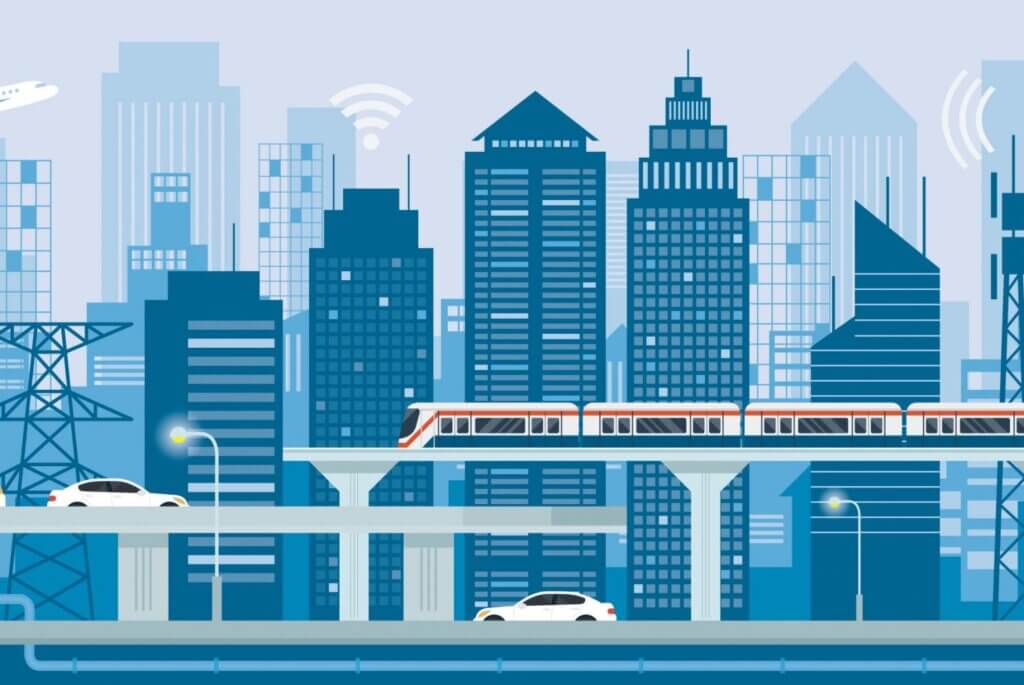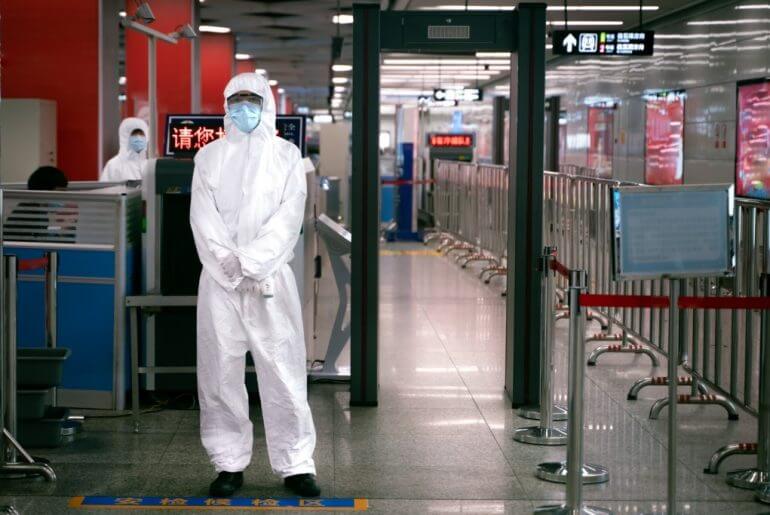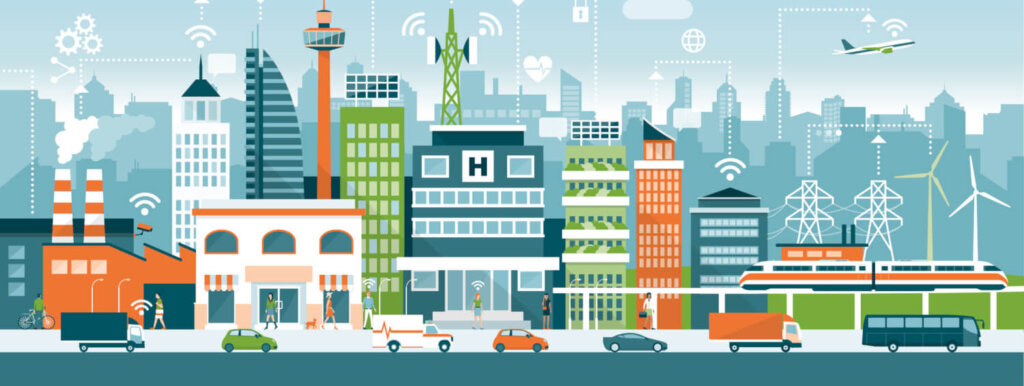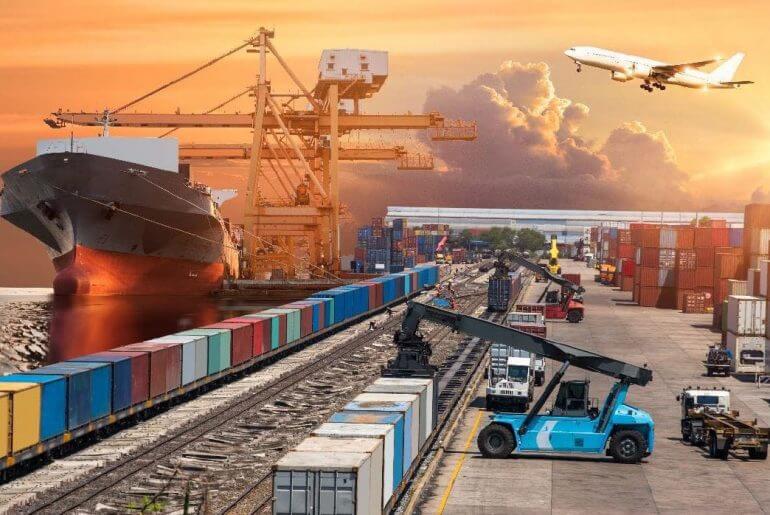The Second UN Global Sustainable Transport Conference

Following up on the first Global Sustainable Transport Conference held in 2016 in Ashgabat, the Second UN Global Sustainable Transport Conference took place from 14-16 October 2021 in Beijing.
China Transport Policy Briefing – 2021, Issue 2
The China Transport Sector Policy Briefing is a format that aims to provide news on the latest policies in the Chinese transport and mobility sector. Compiled by the GIZ China Mobility Team, it will on a regular basis provide insights into changes and plans in China’s regulatory landscape in the fields of mobility & infrastructure, […]
Towards zero emissions: Overview on China’s climate pathway and implications to the transport sector

Since the announcement of China’s new 2030 carbon dioxide emission peaking and 2060 carbon neutrality targets end of 2020, the debate on how to decarbonize transport is heating up among experts in the field of policy making, academia, and the transport industry. With increasing motorization and both passenger and freight transport demand still growing, the […]
China Transport Policy Briefing – 2021, Issue 1
The China Transport Sector Policy Briefing is a format that aims to provide news on the latest policies in the Chinese transport and mobility sector. Compiled by the GIZ China Mobility Team, it will on a regular basis provide insights into changes and plans in China’s regulatory landscape in the fields of mobility & infrastructure, […]
Policy Briefing & English Translation: National Comprehensive Three-dimensional Transportation Network Planning Outline

On 24 February 2021, the National Comprehensive Three-dimensional Transportation Network Planning Outline was issued by the Central Committee of the Communist Party of China (CPC) and the State Council of the People’s Republic of China.
China issues the blueprint for its electric vehicle and intelligent connected vehicle industry development for the next 15 years!

On 02 November 2020, the New Energy Vehicle Industry Development Plan (2021-2035) was published by the State Council Office of the People’s Republic of China. The New Energy Vehicle Industry Development Plan (2021-2035) is a strategic top-level policy guiding the development of a comprehensive and fully integrated New Energy Vehicle (NEV) and Intelligent Connected Vehicle (ICV) eco-system in China […]
The optimization and promotion policy for a shore-to-ship power supply system in the Port of Tianjin

The International Maritime Organization (IMO) assumes that international shipping causes around 2.2 % of global greenhouse gas emissions. Ship emissions also contain sulfur oxides, nitrogen oxides and soot particles, which have a negative effect on local air quality and are a major source of pollution in many port cities and coastal waters. By using shore power […]
The Chinese Spring Festival Travel Rush and the COVID-19 Crisis – Momentum for Widening the Scope of Sustainability in Transport Planning in the 14th FYP

This year’s Chinese Spring Festival Travel Rush coincided with a particular challenge as it came at a time when China faced a major public health crisis with severe societal ramifications: The outbreak of the COVID-19 epidemic, caused by the virus SARS-CoV-2, which is thought to have originated in Wuhan, a hub in China’s transport and logistics network, and had reached pandemic proportions only weeks later.
Recent changes to (New Energy Vehicle) NEV incentive policies in China

During the Executive Meeting of the State Council on 31 March 2020, the Chinese government has decided to extend the current purchasing subsidies and NEV purchase tax exemptions in order to stimulate vehicle consumption in China. This came at a time, when the Chinese (and international) automotive industry is under immense pressure of downturn of production and sales due to the COVID-19 pandemic, in particular in the NEV industry.
Intermodal Transport: The key to decarbonize freight transport

reight transport in China accounts for about 700Mt of CO2 emissions. This is about 67 percent of the country’s total transport-related CO2 emissions, with road freight transport accounting for the highest share. In comparison, Germany’s total CO2 emissions in 2019 were about 811Mt.
In its bid to make freight transport more efficient and climate-friendly, the promotion of Intermodal Transport has high priority for the Chinese Ministry of Transport (MoT).